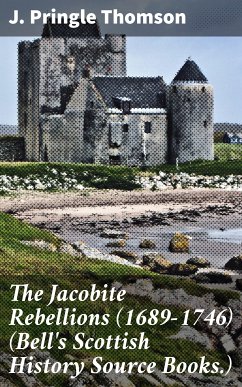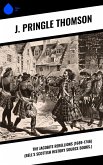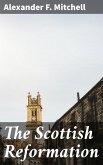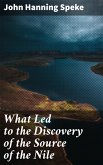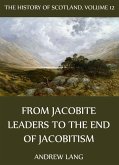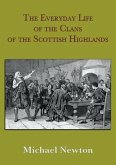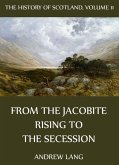In "The Jacobite Rebellions (1689-1746)," J. Pringle Thomson offers a comprehensive and insightful analysis of one of the most tumultuous periods in Scottish history. Employing a meticulous historical narrative interwoven with contemporary accounts, Thomson plunges into the cultural, political, and military intricacies of the Jacobite uprisings. His literary style blends analytical rigor with evocative prose, painting vivid portraits of the key figures and events that defined the era, while placing the rebellions within the broader context of British politics and societal changes. As part of Bell's Scottish History Source Books, this work serves not only as a historical account but also as a crucial resource for understanding the complexities of national identity during this period of upheaval. J. Pringle Thomson, a historian well-versed in Scottish affairs, draws upon his extensive research and deep understanding of the socio-political landscape of 18th-century Scotland to craft this important work. His scholarly background and passionate engagement with Scottish heritage enrich this book, reflecting a lifelong fascination with the Jacobite cause and its implications for Scottish nationalism and identity. This compelling examination of the Jacobite Rebellions is essential reading for historians, students, and anyone interested in Scottish history or the dynamics of rebellion. Thomson'Äôs masterful narrative not only elucidates the specifics of each uprising but also captivates readers with its historical significance, making it a vital addition to any scholarly collection.
Dieser Download kann aus rechtlichen Gründen nur mit Rechnungsadresse in A, B, BG, CY, CZ, D, DK, EW, E, FIN, F, GR, H, IRL, I, LT, L, LR, M, NL, PL, P, R, S, SLO, SK ausgeliefert werden.

